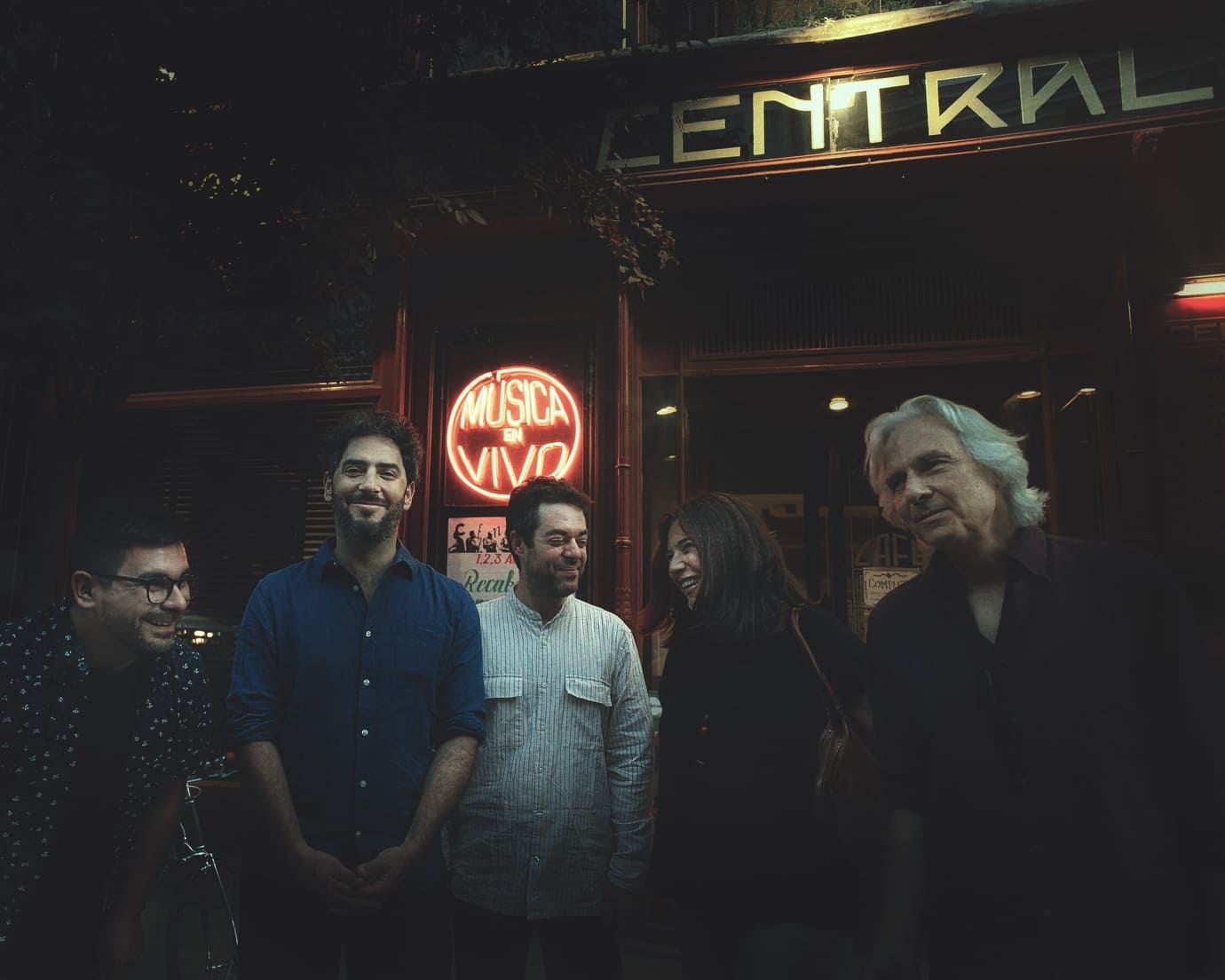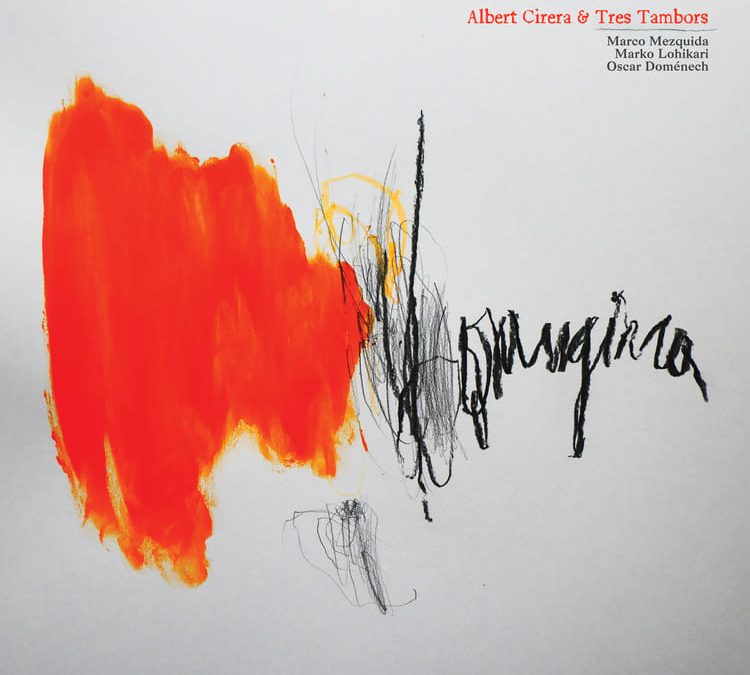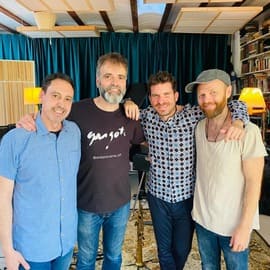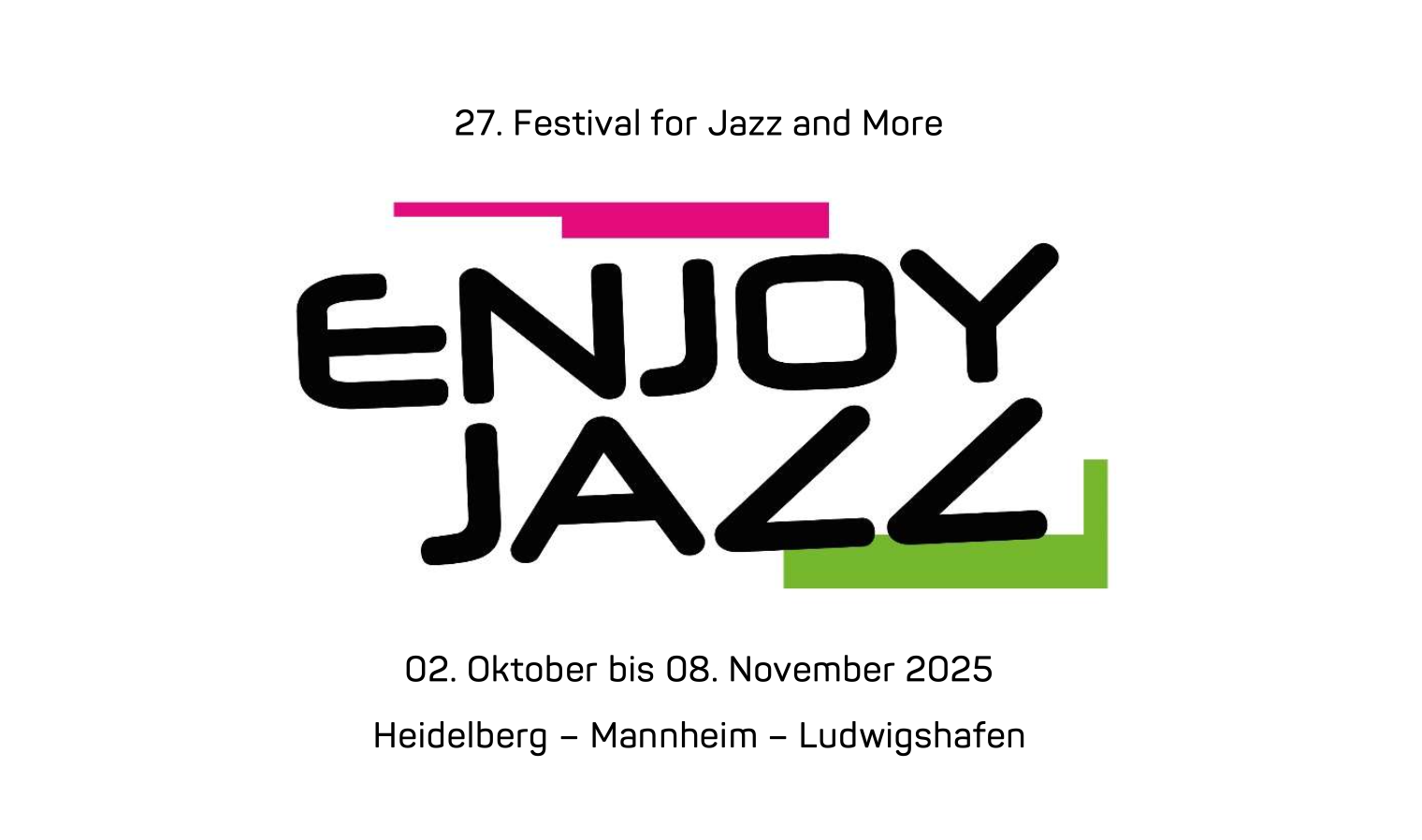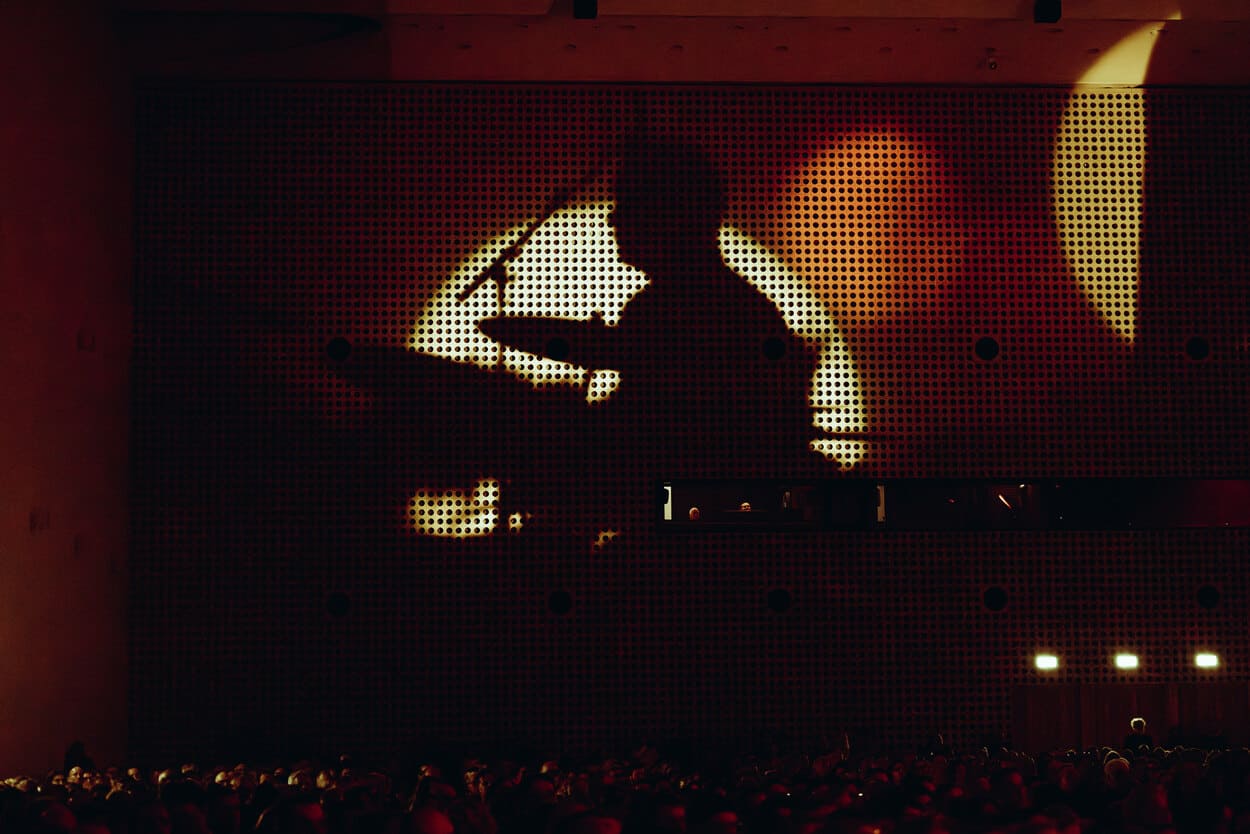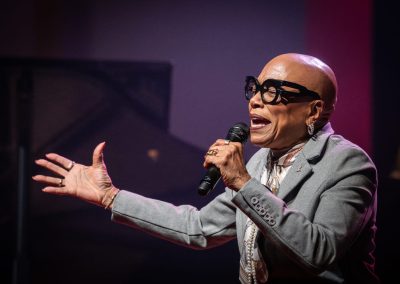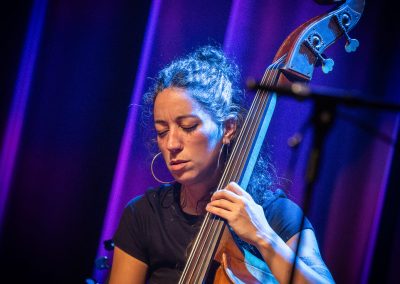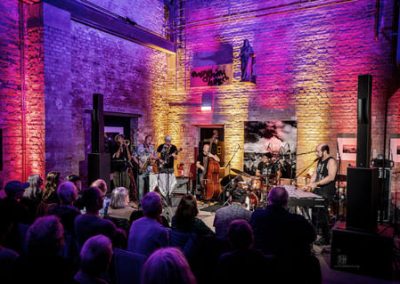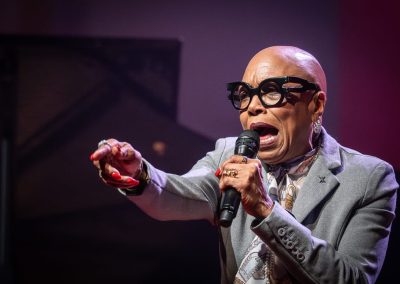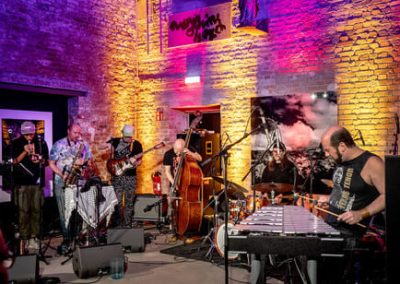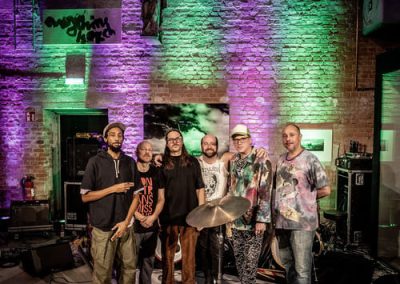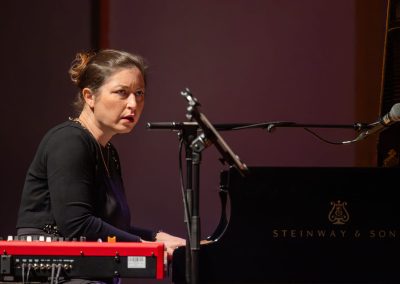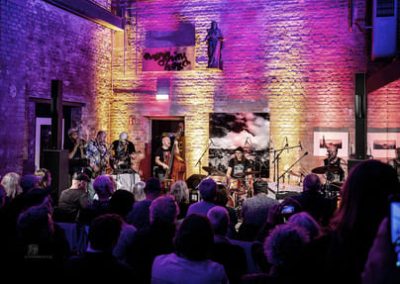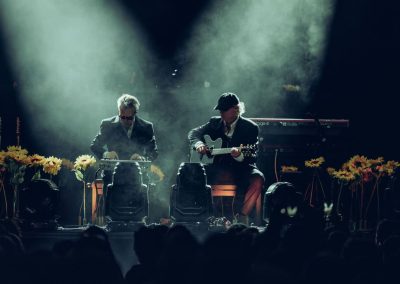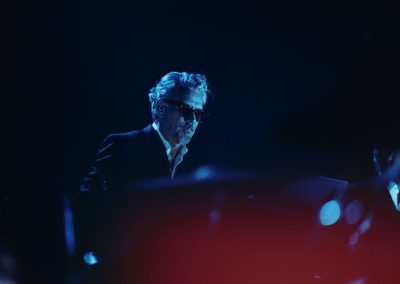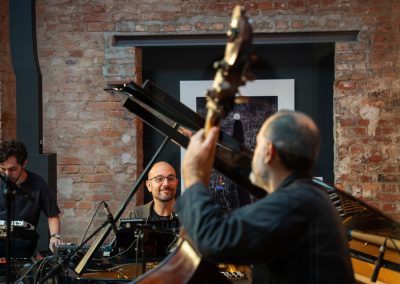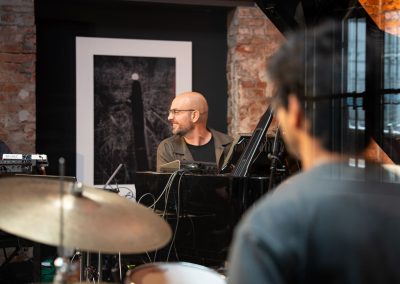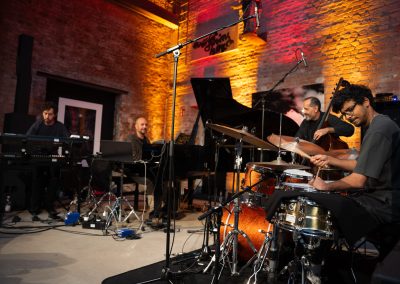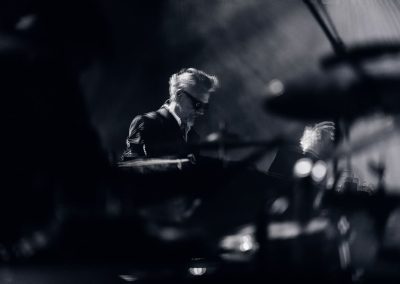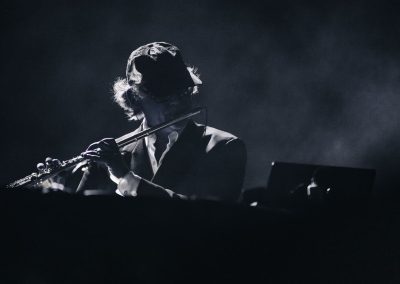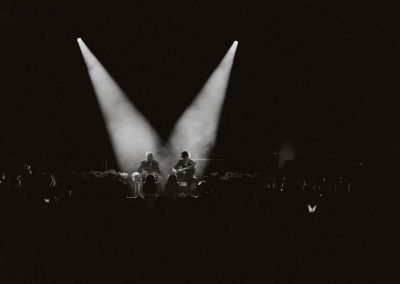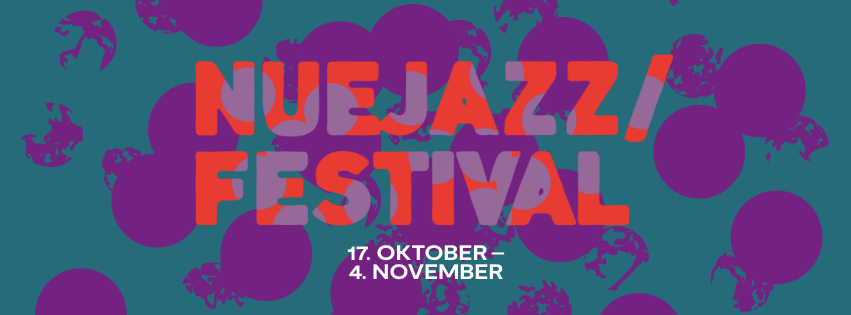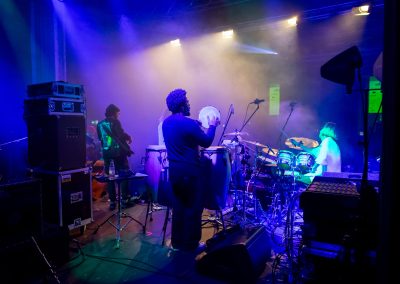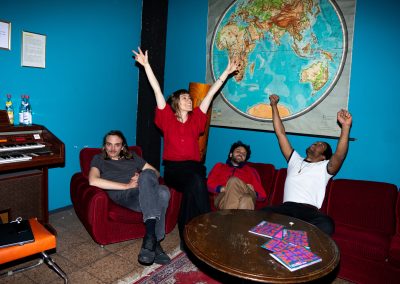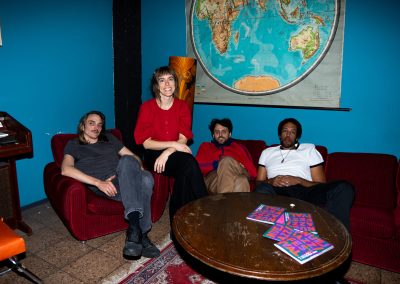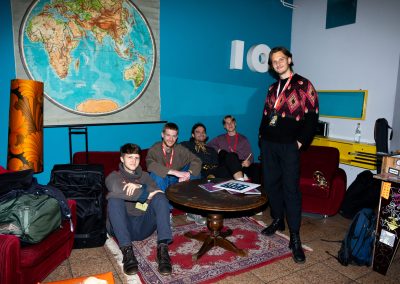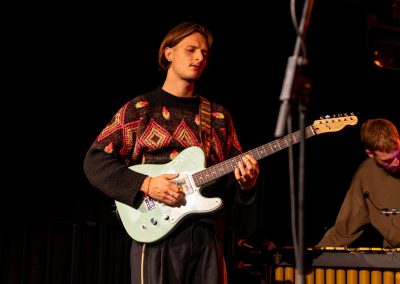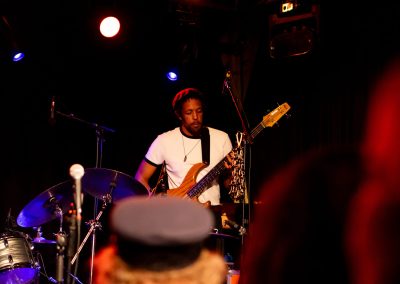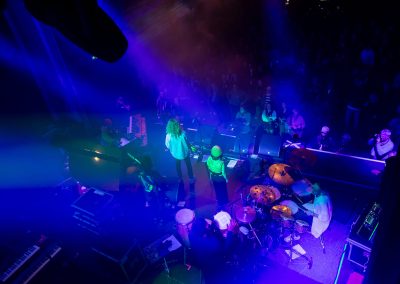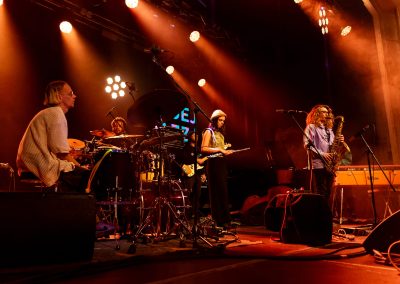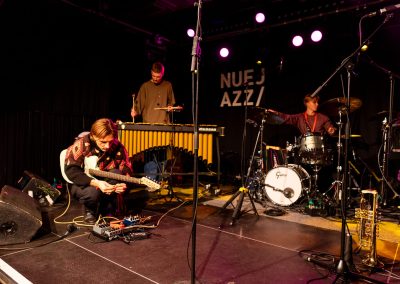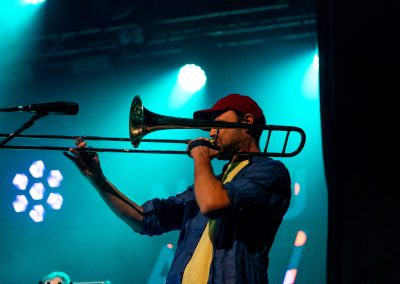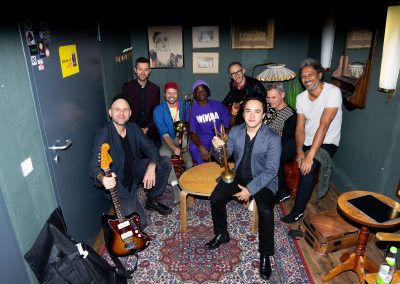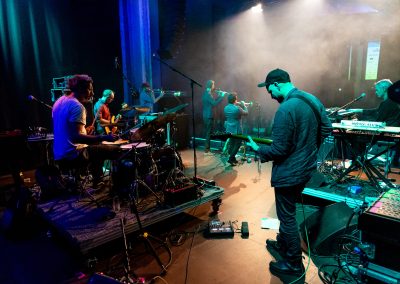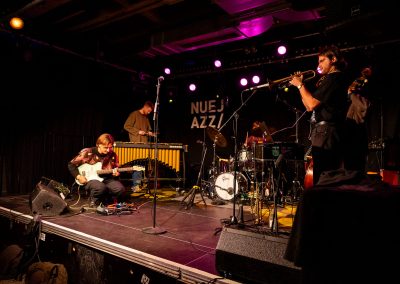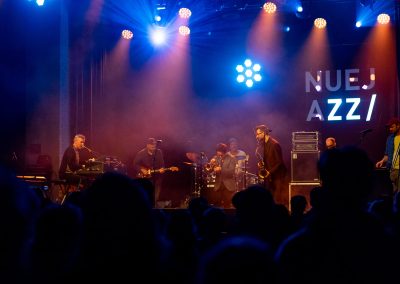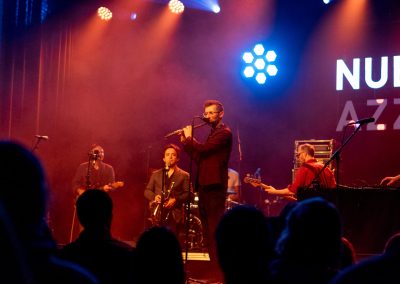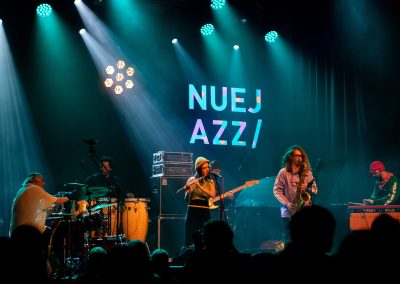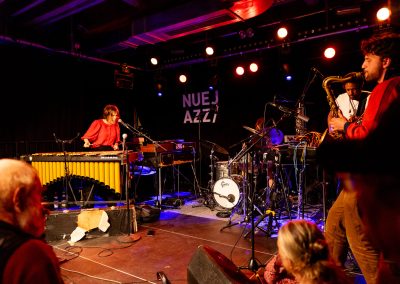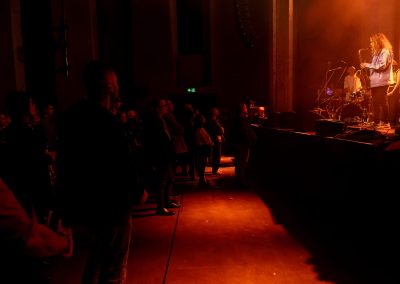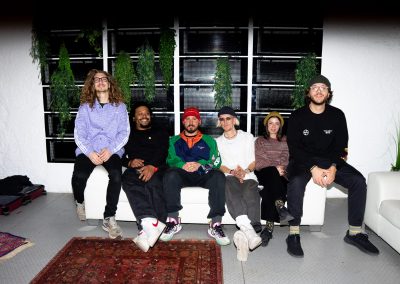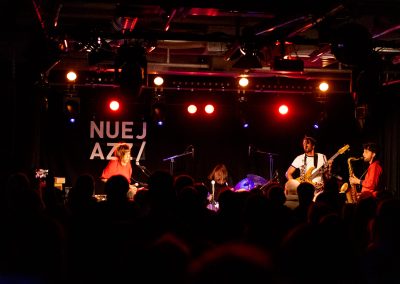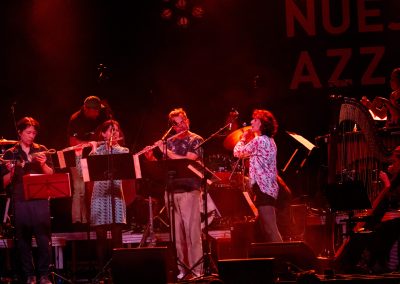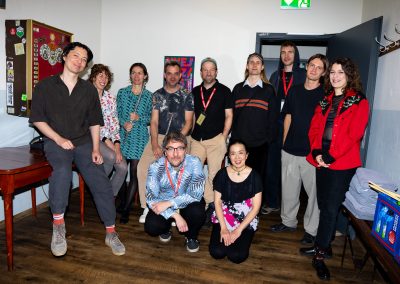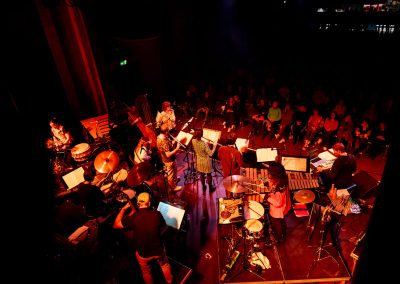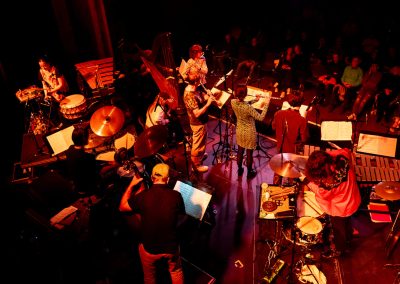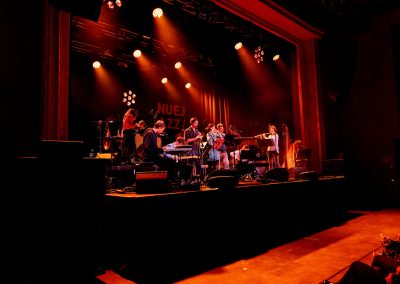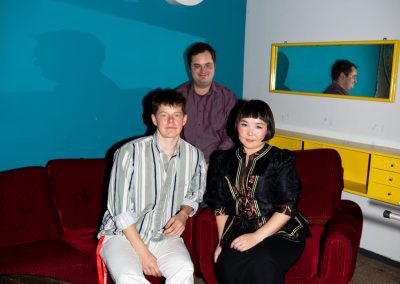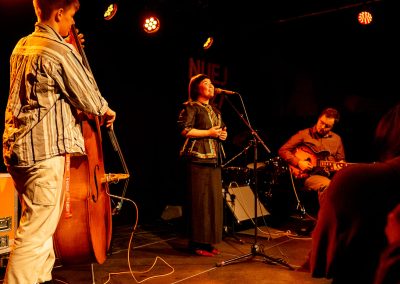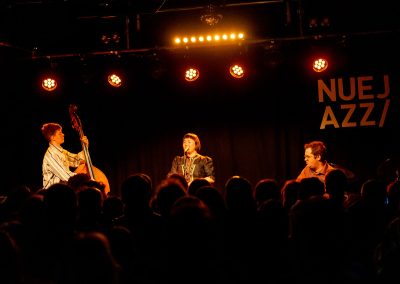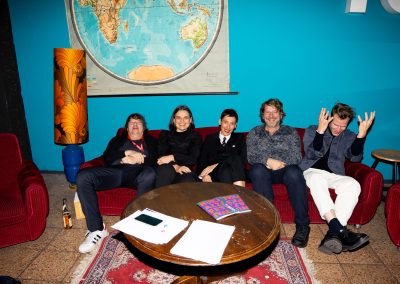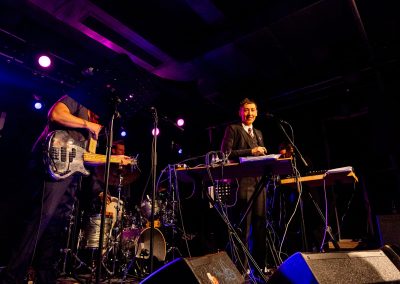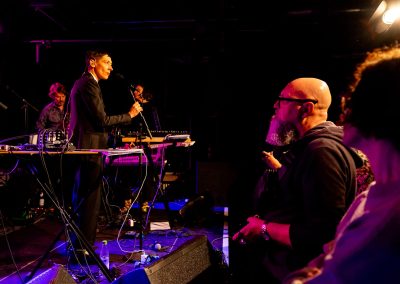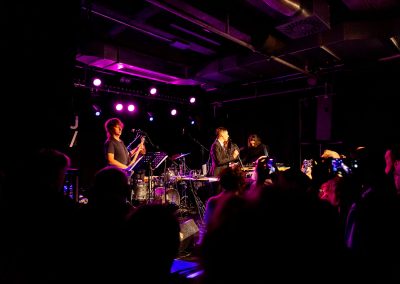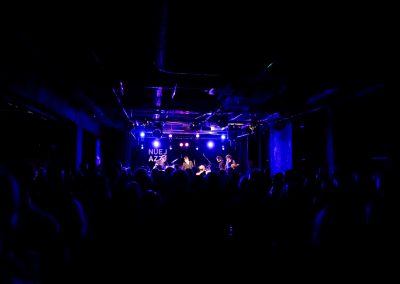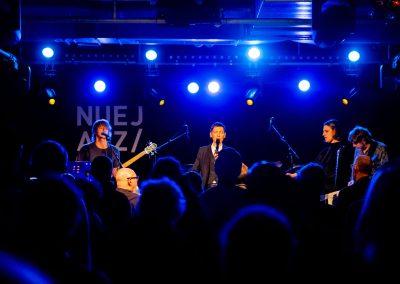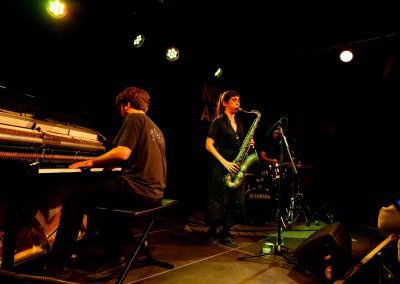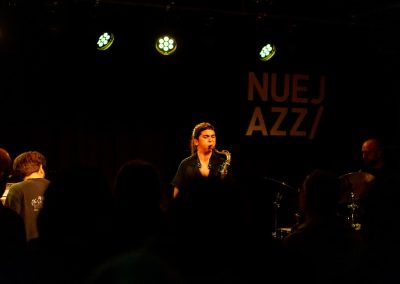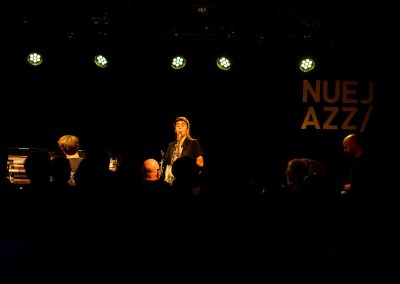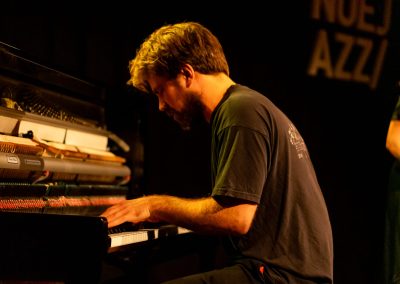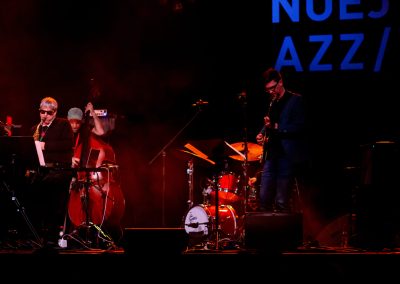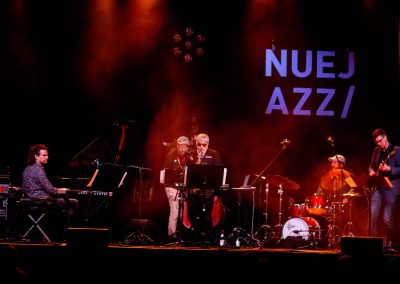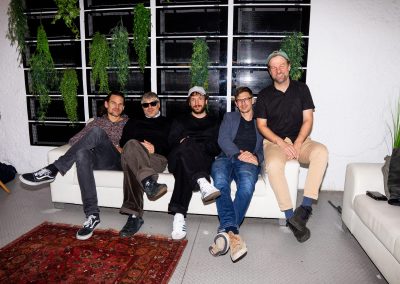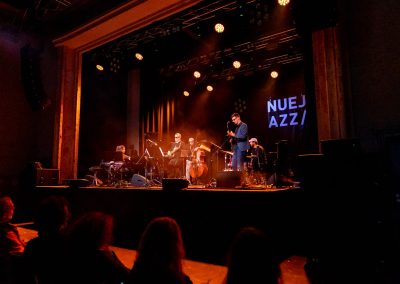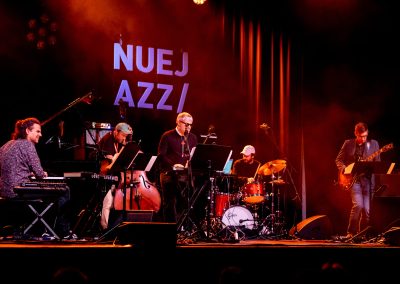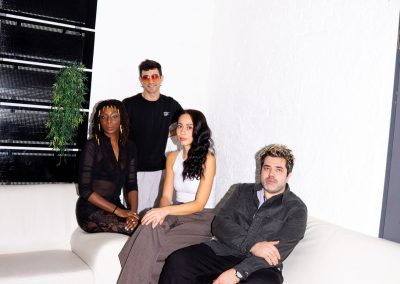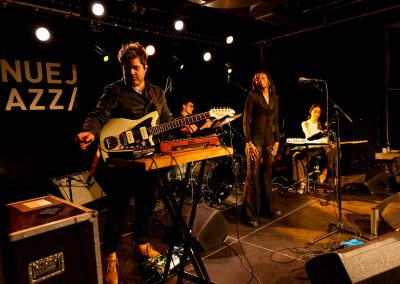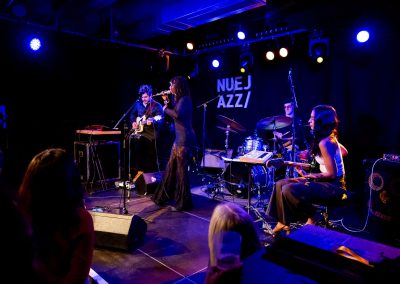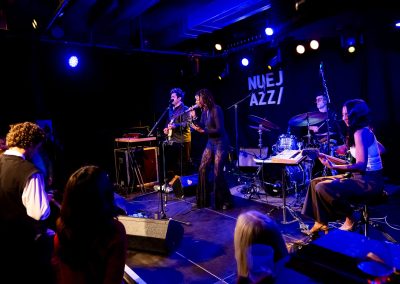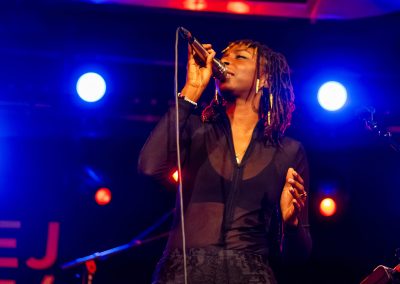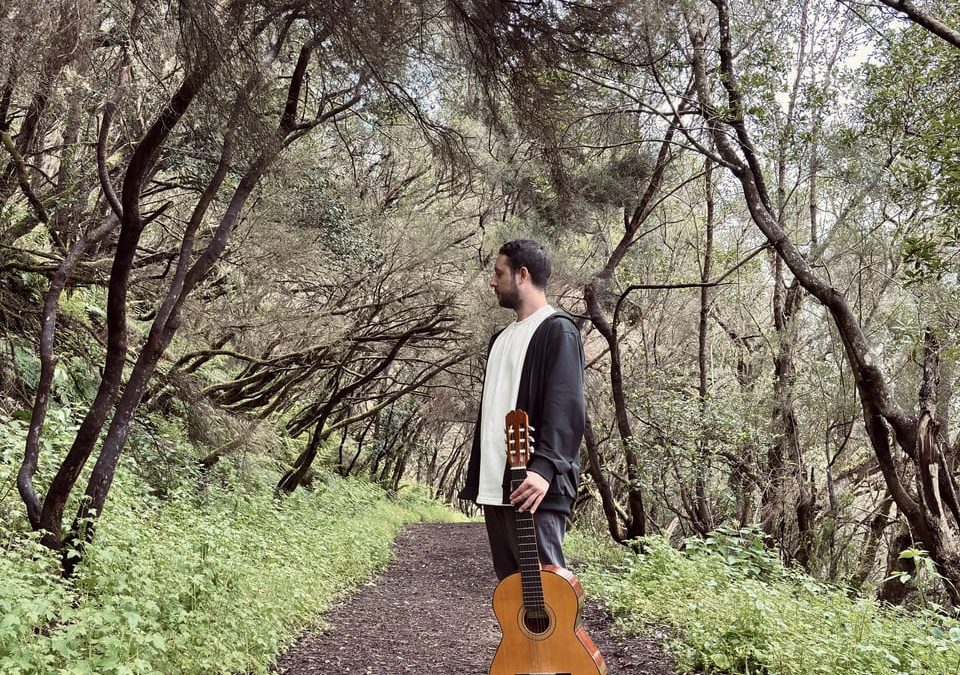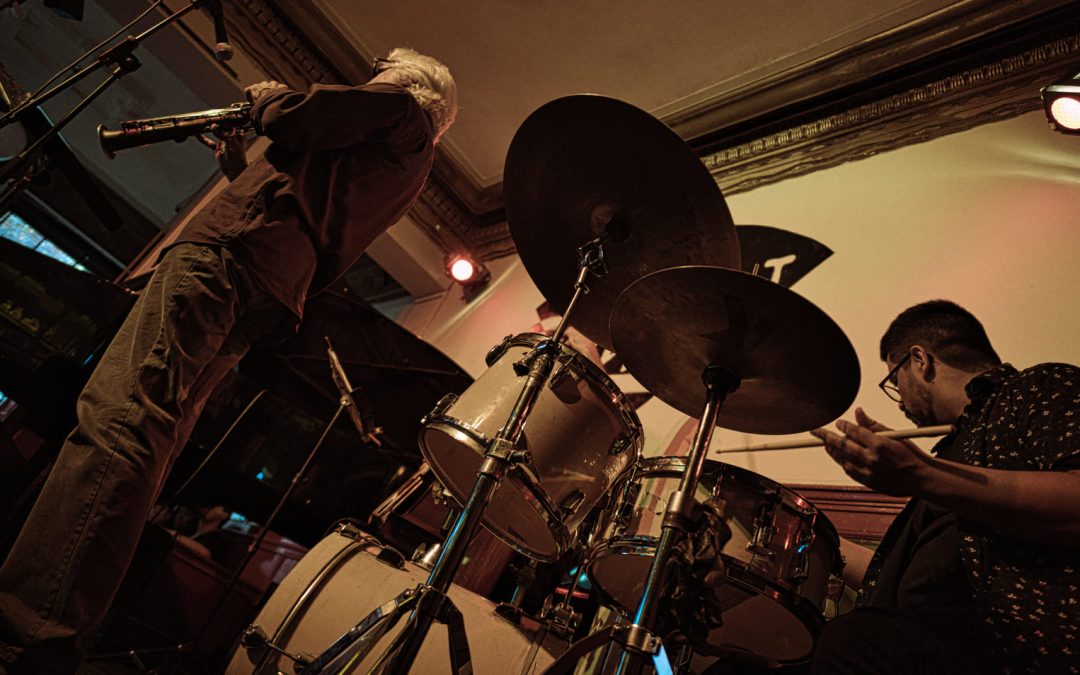
Rodrigo Recabarren Interview
RODRIGO RECABARREN
Interview
Desde Nueva York, donde vive desde 2009, el baterista chileno Rodrigo Recabarren se ha consolidado como una de las voces más singulares del jazz contemporáneo. Formado en la Universidad de Nueva York y con una trayectoria que combina colaboraciones con figuras como Perico Sambeat, proyectos propios como Recabarren, Menares, Vázquez o Peregrinos y un constante diálogo entre el jazz y el folclore latinoamericano, Recabarren ha sabido transformar su identidad migrante en un lenguaje musical propio, lleno de frescura y autenticidad.
En esta conversación con In&OutJAZZMagazine, nos habla de su llegada a la escena neoyorquina, de la vitalidad de la comunidad chilena en el mundo, de su relación con España y de cómo sus raíces siguen marcando el pulso de una carrera en expansión.
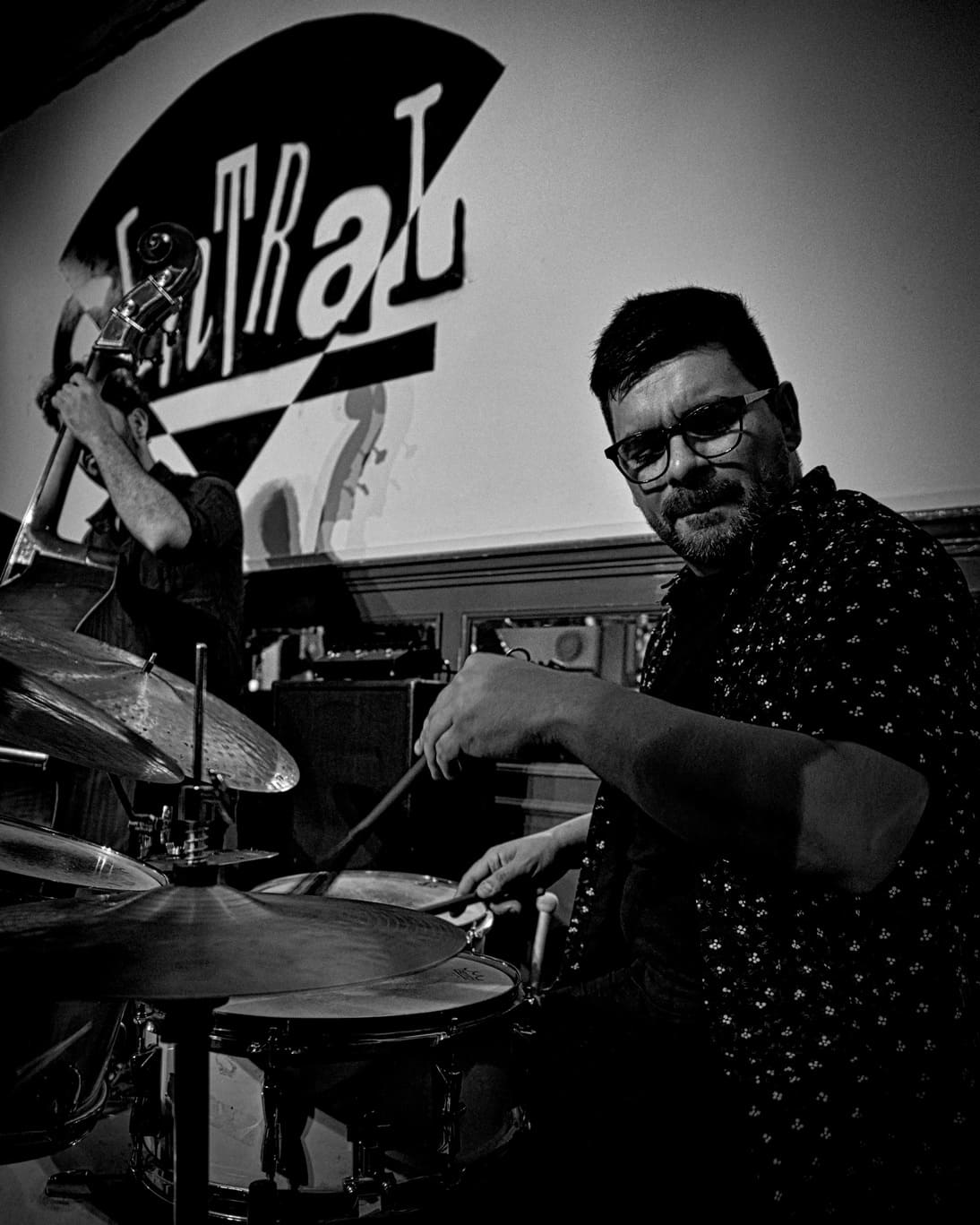
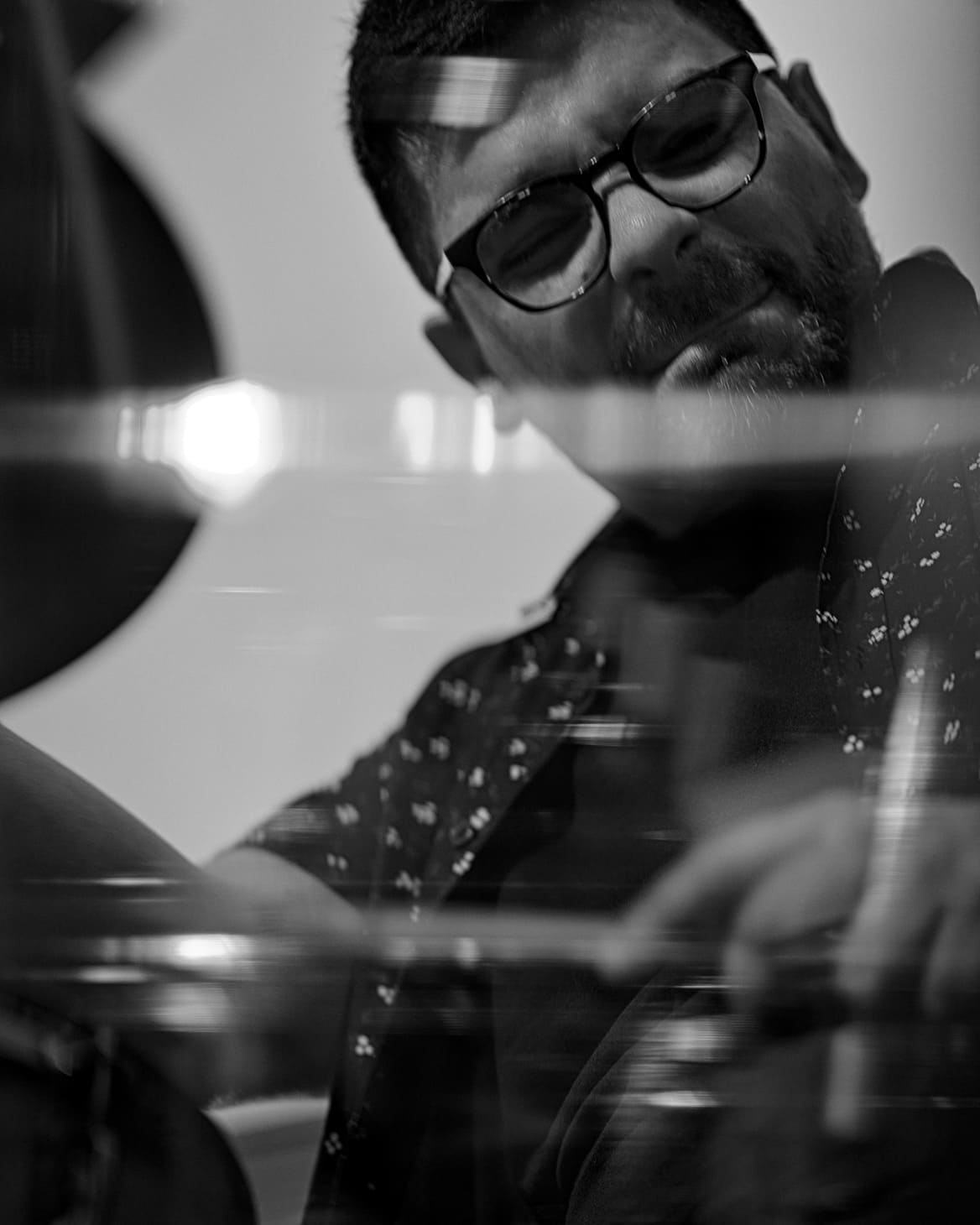
In&OutJAZZ Magazine: Rodrigo, llevas en Estados Unidos, en Nueva York, desde 2009. ¿Por qué decidiste dar ese salto y dejar tu tierra? ¿Fue por la cuna del jazz, por estudios?
Rodrigo Recabarren: Sí, fue principalmente por estudios. Me gané una beca para la Universidad de Nueva York e hice un máster en jazz performance entre 2009 y 2010. Antes había estudiado percusión clásica en Chile, pero cuando decidí dedicarme de lleno a la batería y al jazz empecé a investigar opciones. Vine en 2007, visité varias universidades, y al final conseguí quedarme.
Además, mi pareja de entonces —hoy mi esposa— se vino conmigo, y eso nos ayudó a establecernos aquí. Todo empezó a encajar y finalmente nos quedamos.
¿Cómo fueron tus primeros pasos en la escena de Nueva York?
Al principio toqué con gente de la universidad, muchos de los cuales siguen siendo amigos y compañeros de música hoy. Como tantos músicos que llegan aquí, empezamos tocando incluso en la calle. Nueva York tiene una comunidad inmensa: músicos de todas partes del mundo, y muchos latinoamericanos.
En particular, la comunidad chilena fue bastante activa hacia 2015 y 2016, éramos un grupo numeroso, organizábamos cosas juntos y nos apoyábamos mucho. Chile es un país con gran tradición musical, así que no sorprende encontrar chilenos en todas partes del mundo.
Este año estuviste nominado al Premio Pulsar en Chile. ¿Qué significó para ti?
Fue muy emocionante. Nunca me habían nominado a nada como solista. Había estado en otras nominaciones con proyectos colectivos, como Peregrinos, Murals o con una Big Band, pero nunca a título personal.
Llevo quince años fuera y fue muy importante sentir que en mi país se reconoce lo que hago. Para mí Chile sigue siendo esencial: mi familia, mis amigos, mi música, mi tierra.
¿Sueles regresar a Chile a tocar? Sí, voy todos los años, ojalá más de una vez. Participo en festivales, proyectos de amigos, y muchas veces sirvo de puente: conecto a músicos de allá con otros de acá. Esa red de colaboración es algo que siempre me ha gustado del jazz: compartir, generar lazos, crear juntos.
Hablemos de tu conexión con España y en particular con Perico Sambeat. Colaboraste en su disco Atlantis (2021), ¿cómo surgió?
Fue gracias al bajista Alexis Cuadrado, que me recomendó para una gira en España. Allí tocamos en el Café Central, en Jimmy Glass, en Almendralejo, y grabamos Atlantis. Luego llegó la pandemia y el disco salió en medio de todo eso, así que no pudimos hacer mucho.
Pero quedé muy conectado con Perico. Cuando planeamos la gira con mi trío junto a Pablo y Yago, surgió la idea de invitarlo y fue una experiencia increíble. Tocamos música de nuestro disco Familia, pero también de Atlantis, que hasta entonces casi no se había presentado en vivo.
Tu música refleja influencias del folclore chileno. ¿Cómo se da ese cruce con el jazz contemporáneo?
Creo que tiene que ver con la experiencia del migrante. Mientras más tiempo estás lejos, más echas de menos tu tierra. En Nueva York venía a estudiar el folclore norteamericano, pero todos me preguntaban por mi música, por la chilena.
Empecé a explorarla más, primero con Raimundo Santander en Peregrinos, luego en otros proyectos. Incorporé ritmos e instrumentos latinoamericanos en mi forma de tocar. Y poco a poco entendí que no se trataba de imitar a Tony Williams o Elvin Jones, sino de dejar salir quién soy. Eso le dio sentido a mi identidad artística.
Tienes varios proyectos activos: Familia, Peregrinos, colaboraciones… ¿En qué estás más centrado ahora?
Principalmente en el trío con Pablo y Yago. Con ellos llevo más de doce años tocando y seguimos creciendo juntos.
Además, sigo trabajando con Raimundo en Peregrinos, donde reimaginamos música de Violeta Parra o Víctor Jara como si fueran estándares de jazz. También participo en proyectos como fusion bands sin bajo, con vibráfono, guitarra y batería, o en colaboraciones como la que hicimos con Ángel Parra (hijo de Violeta) y el hijo de este, durante la pandemia.
Y, por supuesto, colaboro como sideman en grupos de músicos como Guillermo Klein o Elsa Nilsson.
Hace poco tocaste en el Lincoln Center. ¿Cómo fue esa experiencia?
Increíble. Es una institución gigantesca y muy respetada. Te tratan de maravilla, el sonido es espectacular, y tocar con el skyline de Nueva York y Central Park detrás es algo único.
Además, tengo la suerte de trabajar allí en un programa de enseñanza de jazz para niños, lo que también me conecta con otra faceta muy importante de la música: la educación.
¿Qué diferencias encuentras entre la escena del jazz en Estados Unidos y en Europa?
En Europa siento que hay más tiempo para procesar lo que pasa, una vida más tranquila, instituciones que apoyan la formación y un público muy cálido. En Estados Unidos el nivel técnico es altísimo y la exigencia muy fuerte, aunque también hay mucha experimentación, especialmente en lugares alternativos de Brooklyn.
Creo que al final cada escena refleja la cultura que la rodea.
¿Piensas volver a instalarte en Chile en algún momento?
No lo sé. Me encantaría vivir en un lugar más tranquilo en el futuro, pero de momento estoy aquí, donde están mis proyectos y mi vida musical.
¿Qué proyectos tienes a corto plazo? ¿Te veremos en España de nuevo pronto?
Ojalá. La idea es volver a España el próximo año, pero prefiero no adelantar nada hasta que esté confirmado. Soy poco supersticioso, pero cada vez que digo algo antes de tiempo, se cae (risas).
Rodrigo, gracias por esta conversación.
Gracias a ustedes. Ha sido un placer.
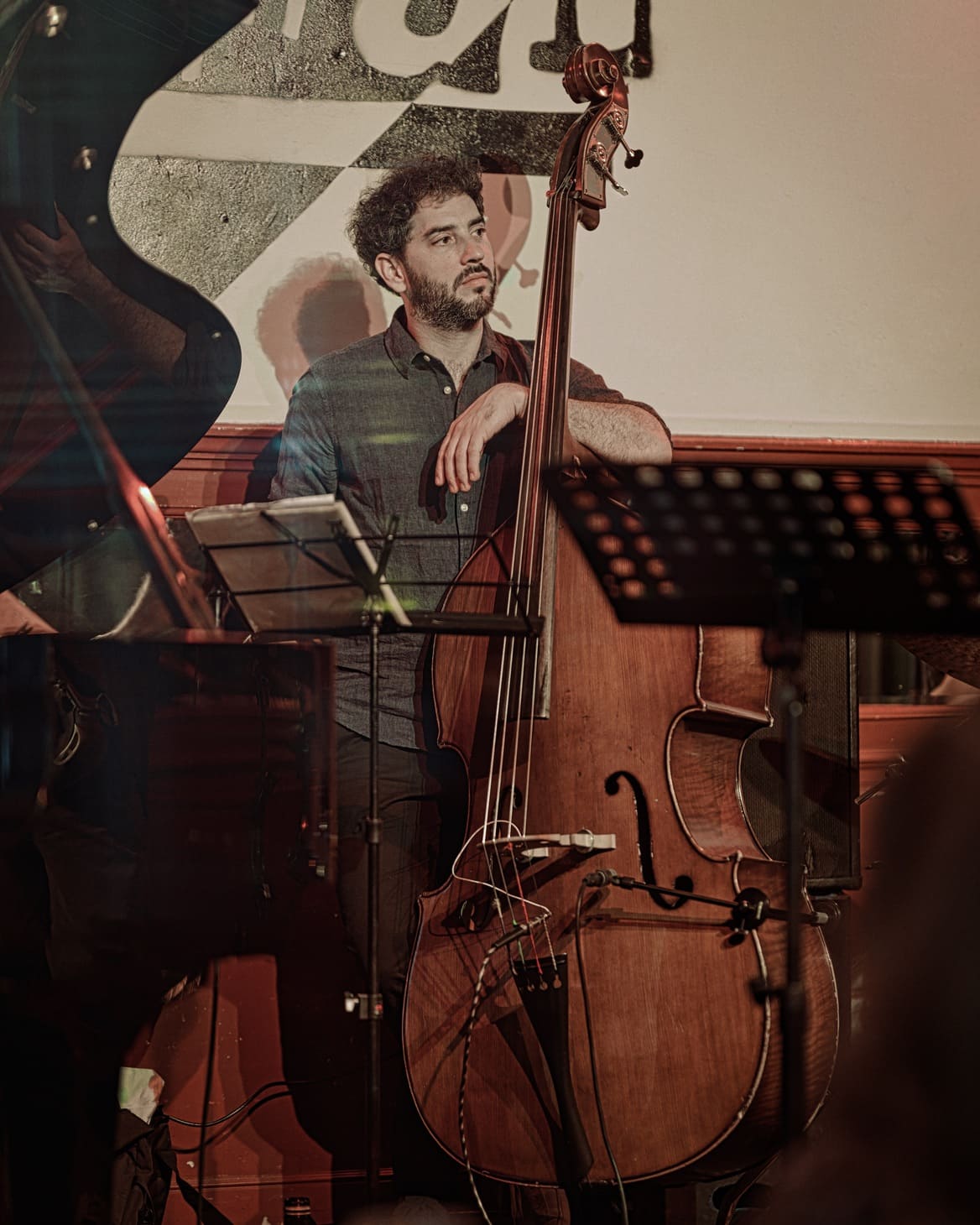
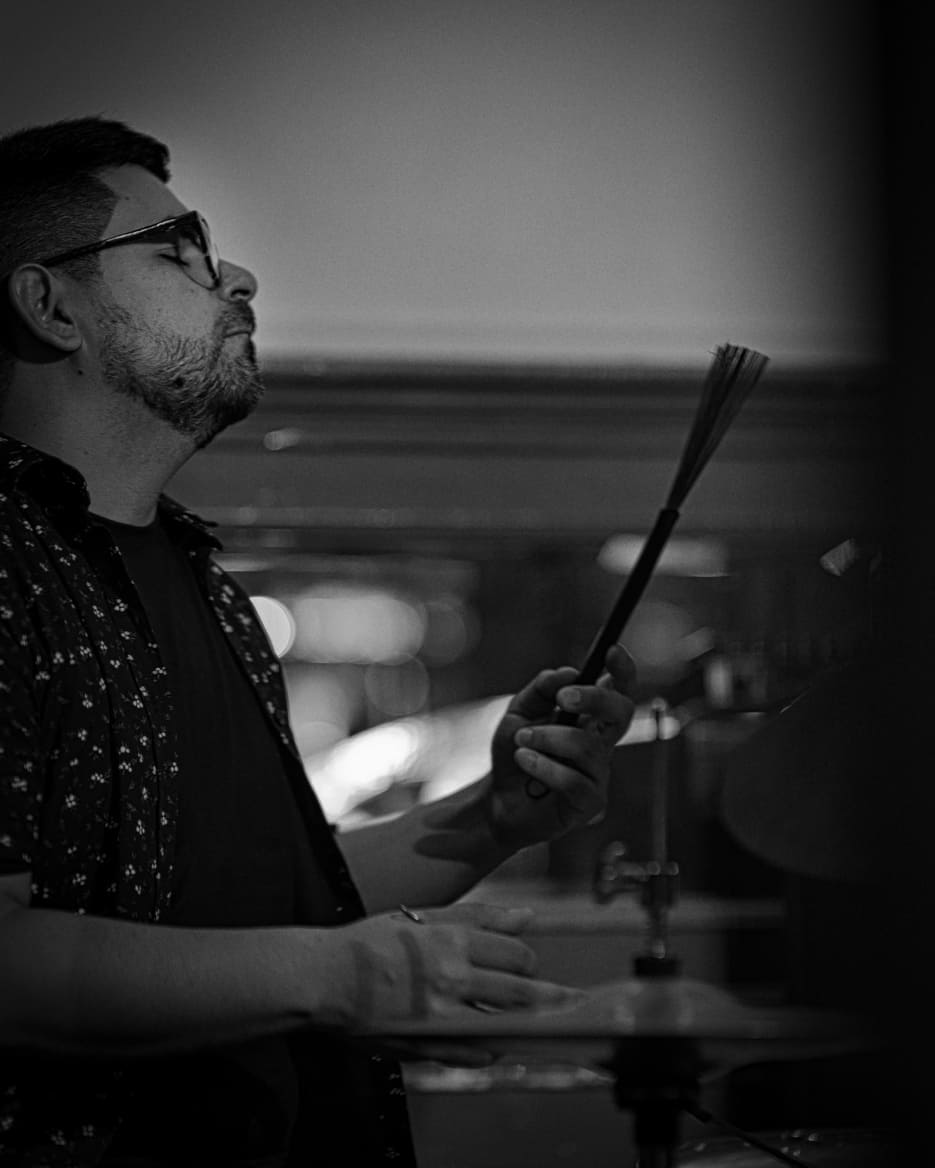
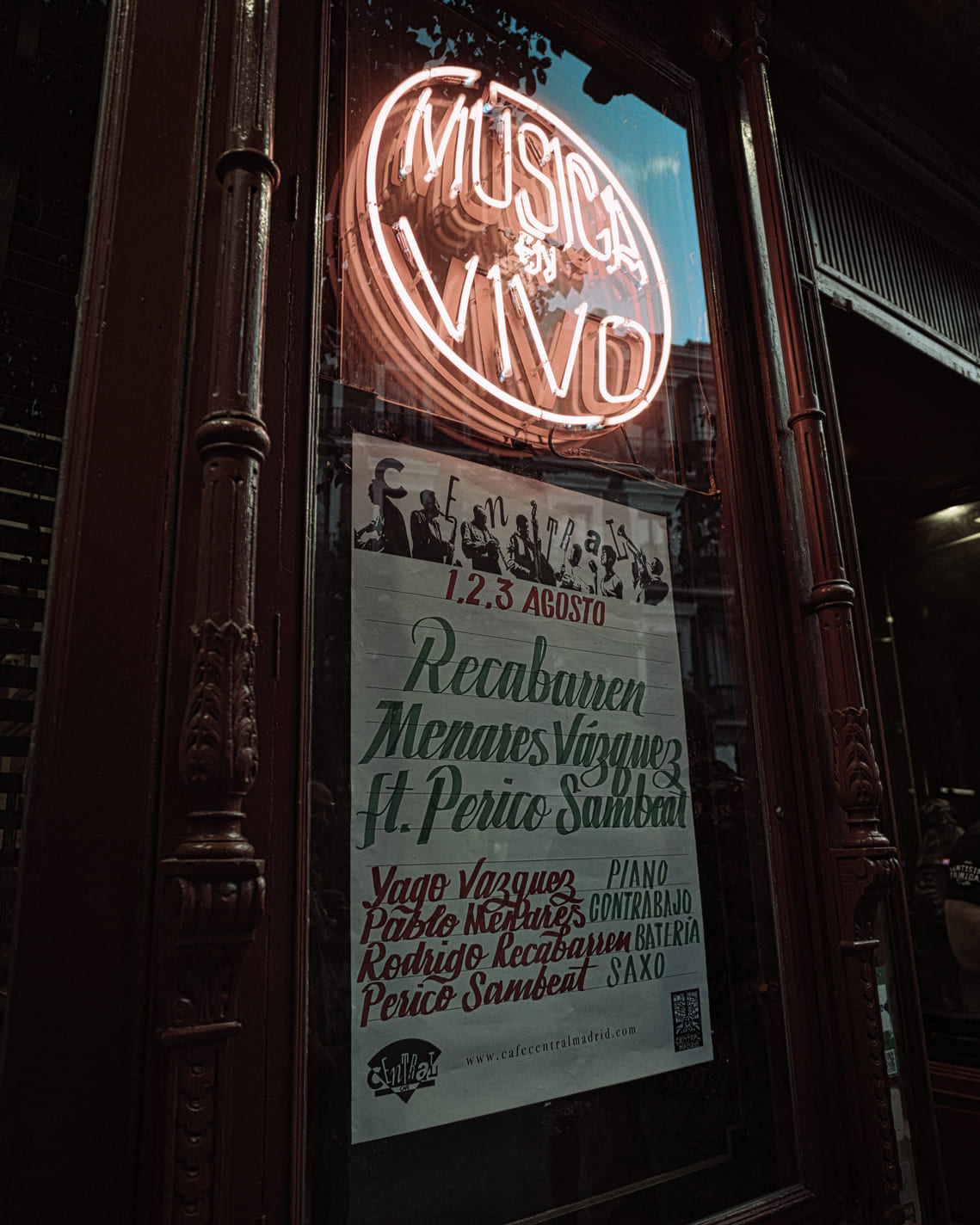
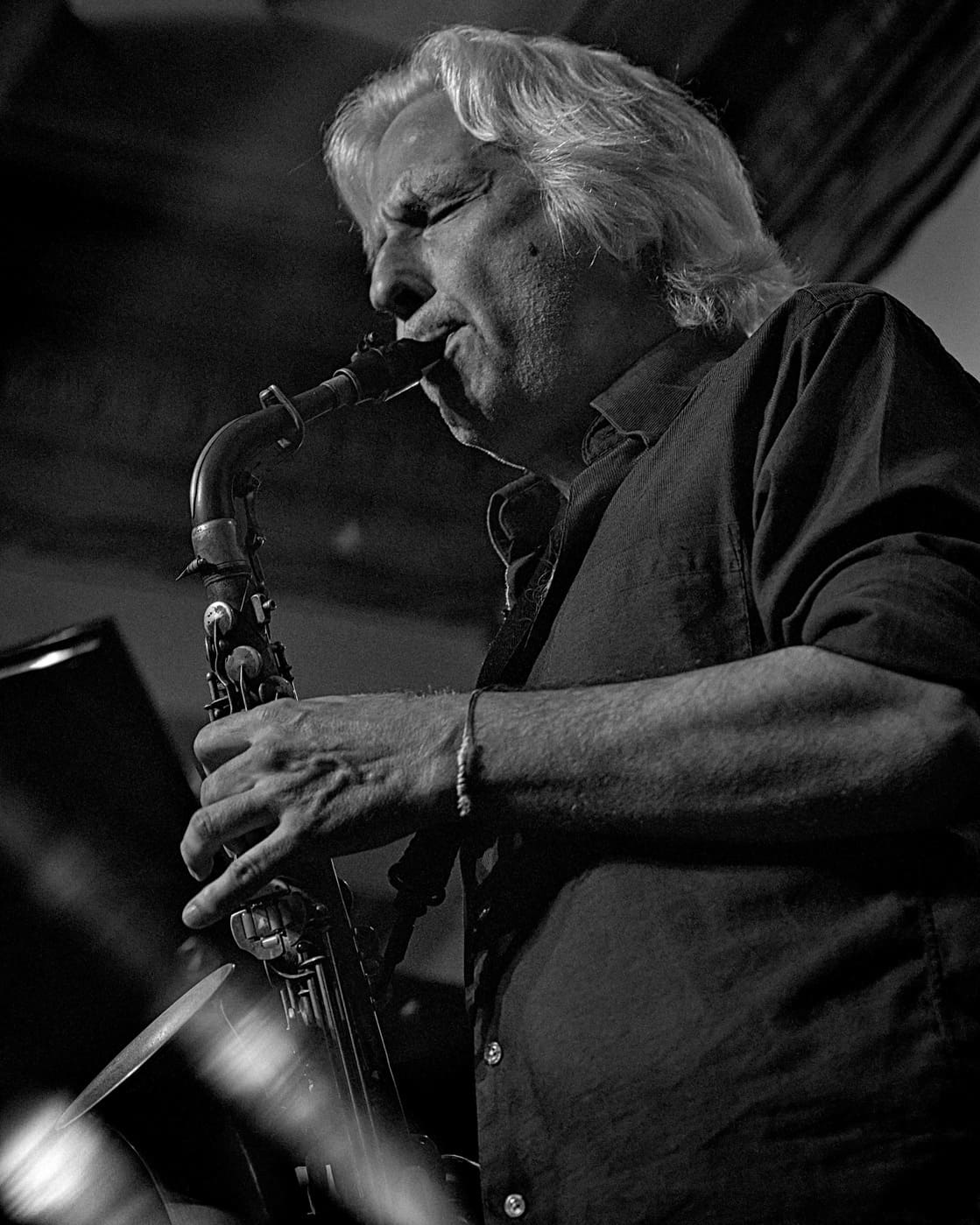
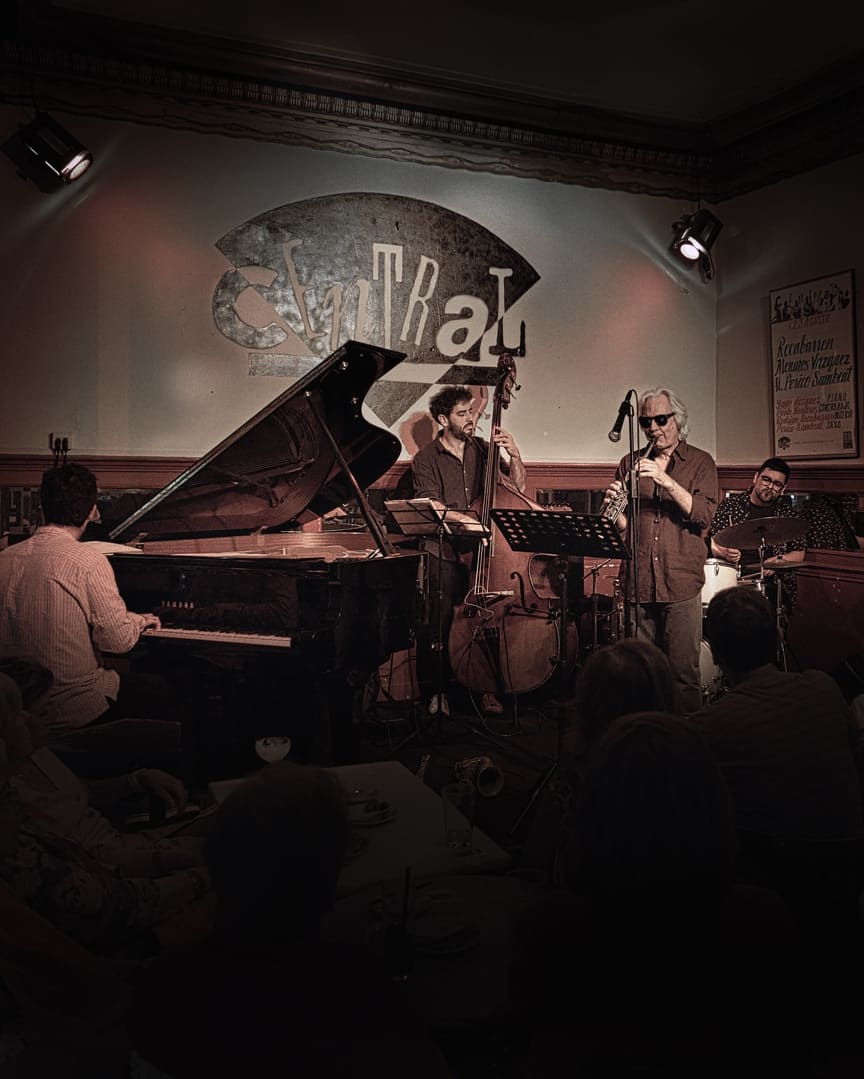
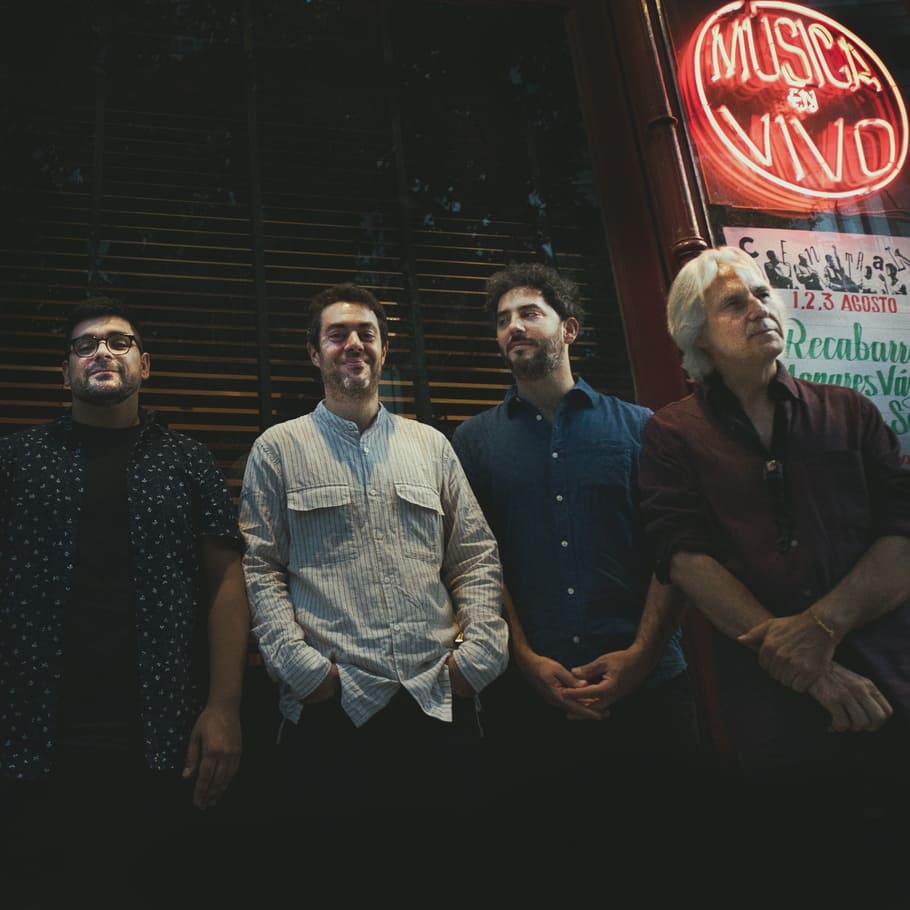

Por Pedro Andrade
26 de noviembre de 2025

